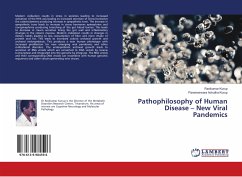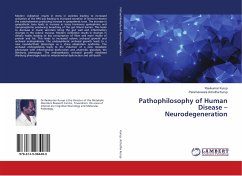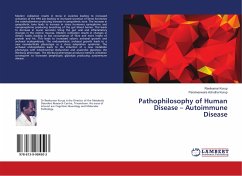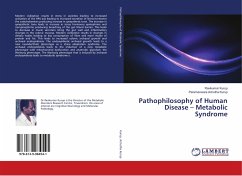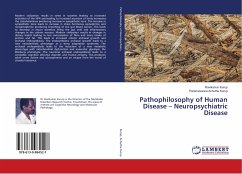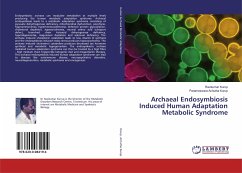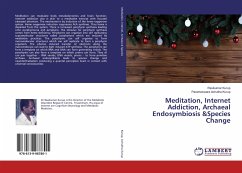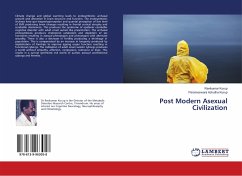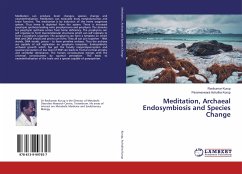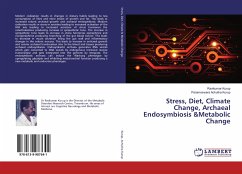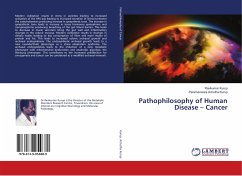
Pathophilosophy of Human Disease - Cancer
Versandkostenfrei!
Versandfertig in 6-10 Tagen
36,99 €
inkl. MwSt.

PAYBACK Punkte
18 °P sammeln!
Modern civilization results in stress in societies leading to increased activation of the HPA axis leading to increased secretion of stress hormones the catecholamines producing increase in sympathetic tone. The increase in sympathetic tone leads to increase in stress hormones epinephrine and norepinephrine producing breeching of the gut blood barrier. This leads to decrease in mucin secretion lining the gut wall and inflammatory changes in the colonic mucosa. Modern civilization results in changes in dietary habits leading to less consumption of fibre and more intake of protein and fat. This ...
Modern civilization results in stress in societies leading to increased activation of the HPA axis leading to increased secretion of stress hormones the catecholamines producing increase in sympathetic tone. The increase in sympathetic tone leads to increase in stress hormones epinephrine and norepinephrine producing breeching of the gut blood barrier. This leads to decrease in mucin secretion lining the gut wall and inflammatory changes in the colonic mucosa. Modern civilization results in changes in dietary habits leading to less consumption of fibre and more intake of protein and fat. This leads to increased colonic archaeal growth and archaeal endosymbiosis. The endosymbiotic archaeal growth leads to a new neanderthalic phenotype as a stress adaptation syndrome. The archaeal endosymbiosis leads to the induction of a new metabolic phenotype with mitochondrial dysfunction and anaerobic glycolysis- the Warburg phenotype. This contributes to the increased predilection for oncogenesis and cancer can be considered as a modified archaeal network.



